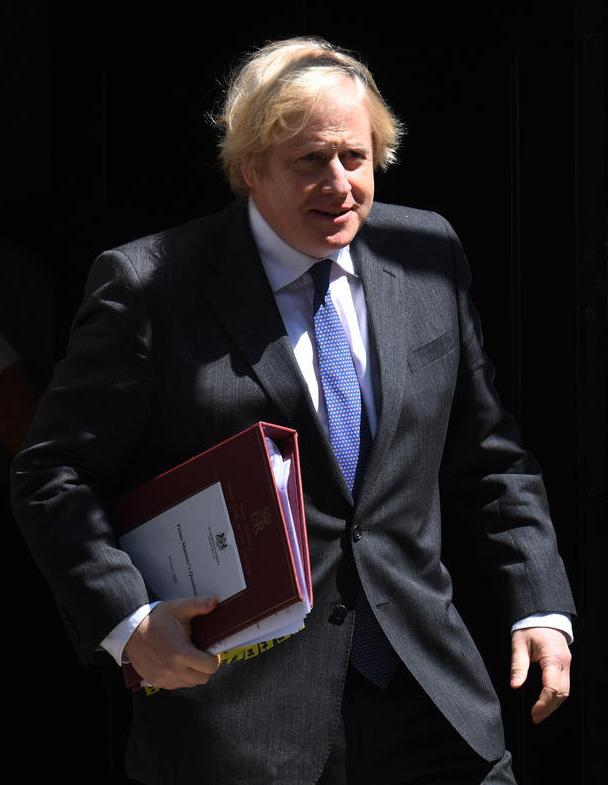
2 minute read
Kremlin foe’s illness benefits Russian kleptocrats
Corporate DispatchPro

DASHA AFANASIEVA VIA REUTERS BREAKINGVIEWS
Kremlin foe’s illness benefits Russian kleptocrats
Russian anti-corruption activist and politician Alexei Navalny is fighting for his life. His allies say he has been poisoned. His damaging exposés of leading figures’ corruption and cronyism have been popular - and embarrassing to the country’s kleptocrats. A suspected attempt on his life will deter the remaining independent voices, reducing even further the constraints on dodgy business practices.
Navalny has been the most high-profile voice of genuine opposition to President Vladimir Putin. But as a politician, he has made almost no headway against the well-ensconced leader. A December 2019 poll gave Navalny on 2% support as an electoral rival to Putin. The same percentage of Russians said he is the politician they trust the most in a July 2020 survey, according to the Levada Center, an independent pollster.
Navalny’s investigative journalism is a bigger threat to Russia’s power system. It was Navalny who revealed the Kremlin connection of Oleg Deripaska, a major shareholder in aluminium company Rusal through En+. Soon after, Deripaska came under American sanctions. Evidence that Dmitry Medvedev secretly owned an archipelago of luxury homes – allegations denied by the then Russian prime minister – sparked public protests across Russia in 2017.
YouTube helped raise Navalny’s profile and make him a thorn in the Kremlin’s side. Videos of his investigations into lower level officials, often asking where their billions come from, have garnered millions of views. Demonstration of the extravagant lifestyles of


Corporate DispatchPro


businessmen and politicians stoked anger from Russians whose real incomes were often failing.
Such resentment could be a threat to the kleptocratic system – political loyalty is rewarded with vast wealth – that helps maintain Russia’s political stability. And investigations can be used or instigated by bickering businessmen to settle scores. This sort of infighting could also be politically destabilising.
Right now, Navalny’s suspected poisoning may look like a public relations nightmare for the Kremlin. Over time, though, it is likely to breed caution in would-be emulators of Navalny’s flair and perseverance in criticising the regime. For the authorities and their business cronies, such fearful restraint would be nothing but good news.






